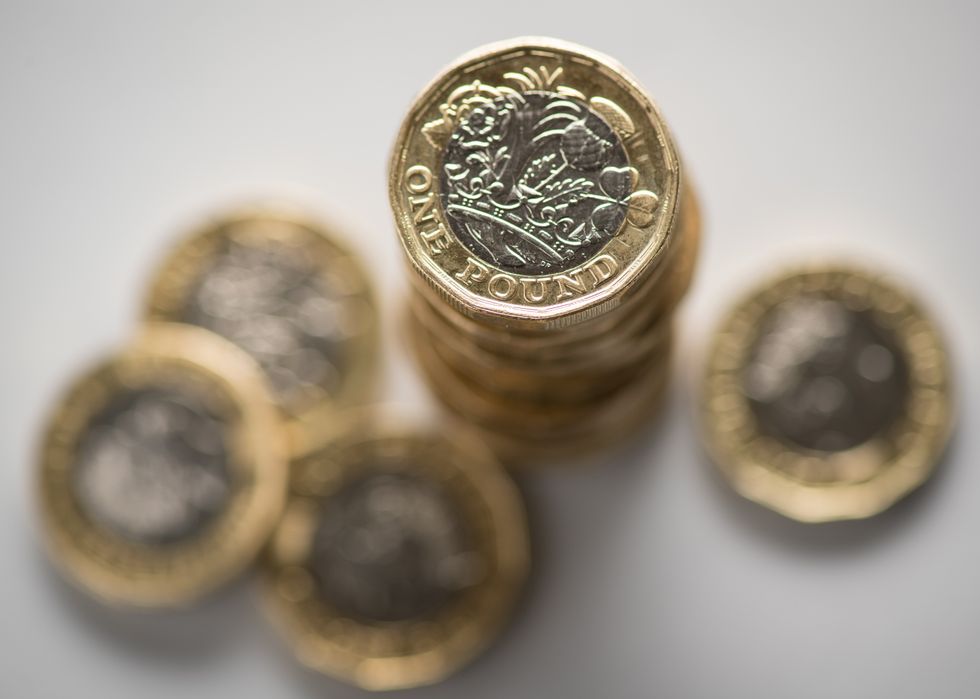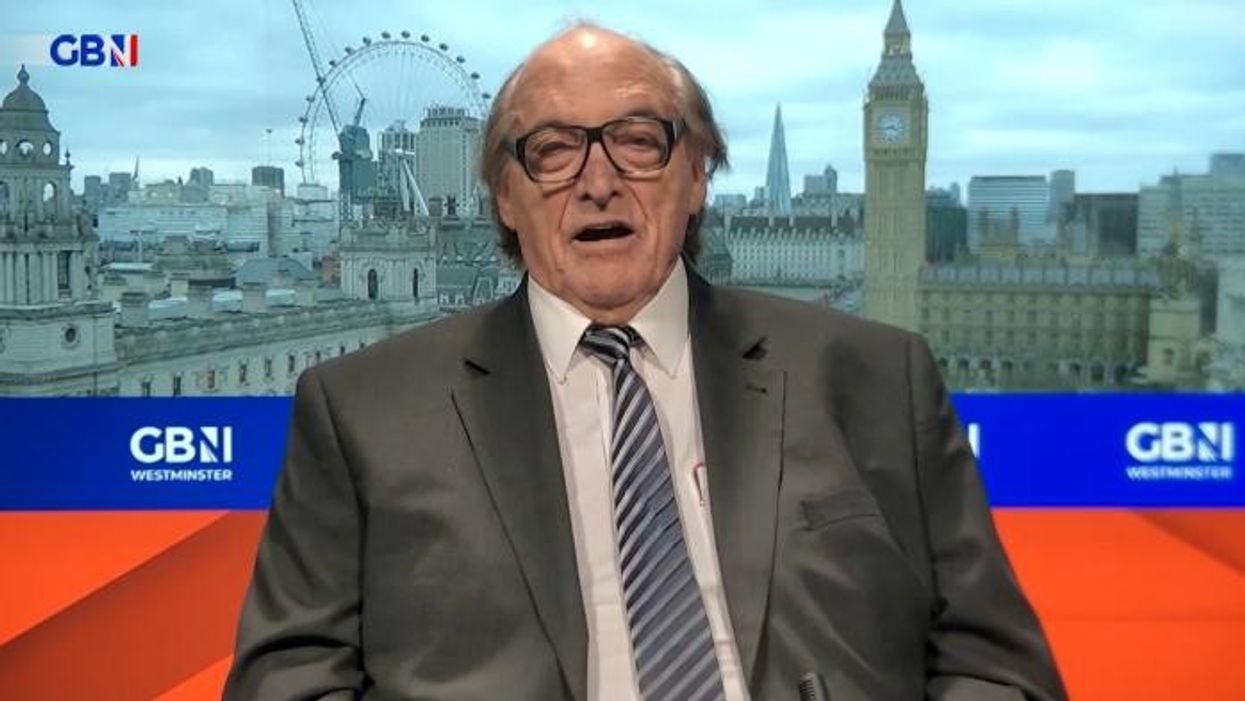Households missing out on £408 savings boost due to ‘sneaky tax’

Fiscal drag is continuing to affect how much people pay in tax and are able to save
Don't Miss
Most Read
Experts are warning that the Britons are missing out on an average savings boost of £407 a year due to a “sneaky tax grab”.
Chancellor Jeremy Hunt has floated cuts to income tax in his upcoming Spring Budget next month but this is being “diluted” by fiscal drag, interactive investor claims.
This is the term used to describe when households end up paying more tax due to wages rising while thresholds and allowances remain “frozen”.
Last year, Mr Hunt confirmed that the personal savings allowance, which is currently £12,750, and the higher-rate tax thresholds will stay at the same level until 2028.
Do you have a money story you’d like to share? Get in touch by emailing money@gbnews.uk.

Experts are warning of fiscal drag's impact on peoples' tax bill
|GETTY
Even if an income tax is introduced later this year, taxpayers are unlikely to receive the full benefit due to fiscal drag.
According to interactive investor, a person earning £35,000 would save £240 annually with a 1p cut to the base rate.
However, this saving boost would rise to £408 a year if the personal allowance rose in line with the Office for Budget Responsibility’s inflation estimate of 4.6 per cent for the 2024/25 tax year.
Furthermore, someone earning £20,000 and £50,000 would save £84 and £377 extra if there was a 1p cut to the base rate, respectively.
If the savings allowance was raised alongside this cut, these earners would receive a savings boost of £251 and £809 in comparison.
An individual earning £35,000 would save £173 a year if the personal allowance rose in line with inflation.
This annual saving boost rises to £417 for an individual earning £50,000 if the personal allowance and higher rate income tax threshold increased in line with inflation.
If the personal allowance threshold is uprated to £14,000, to take into account two years’ worth of inflation, this would mean an annual savings of £429 for earners making between £20,000 and £35,000 a year.
Higher earners on £50,000 would save £673 a year if the personal allowance was increased from £12,570 to £14,000 and the higher rate threshold was upped from £50,271 to £57,000.
Myron Jobson, a senior personal finance analyst at interactive investor, described a potential tax cut as “welcome” but warned fiscal drag will “dilute” its impact.
LATEST DEVELOPMENTS:

Households are missing out on a sizable savings boost
| PAHe explained: “When thresholds and allowances are 'frozen,' there is an overall increase in tax paid to the Treasury without an actual increase in tax rates.
“Our calculations show that a middle earner could save £173 a year if the personal allowance was uprated by inflation.
“It is a sneaky tax grab, as people might not realise they are paying more in taxes simply due to inflation, making it seem less transparent compared to explicit tax increases.”
Alice Guy, the head of Pensions and Savings at interactive investor, added: “Fiscal drag has a devastating impact on people’s finances, especially during times of high inflation when wages are rising quickly.
“It means that more and more of your pay becomes taxable over time, leaving you with a higher personal tax burden.
“If you can afford it, then increasing your pension payments is one of the best ways to minimise the impact of fiscal drag. Because pension payments are tax free, you’ll get to save income tax on any contributions you make.
“For basic-rate taxpayers, it only costs £80 to pay £100 into your pension, and for higher-rate taxpayers, it’s an even better deal, costing just £60 to pay in £100 into your pension.”











